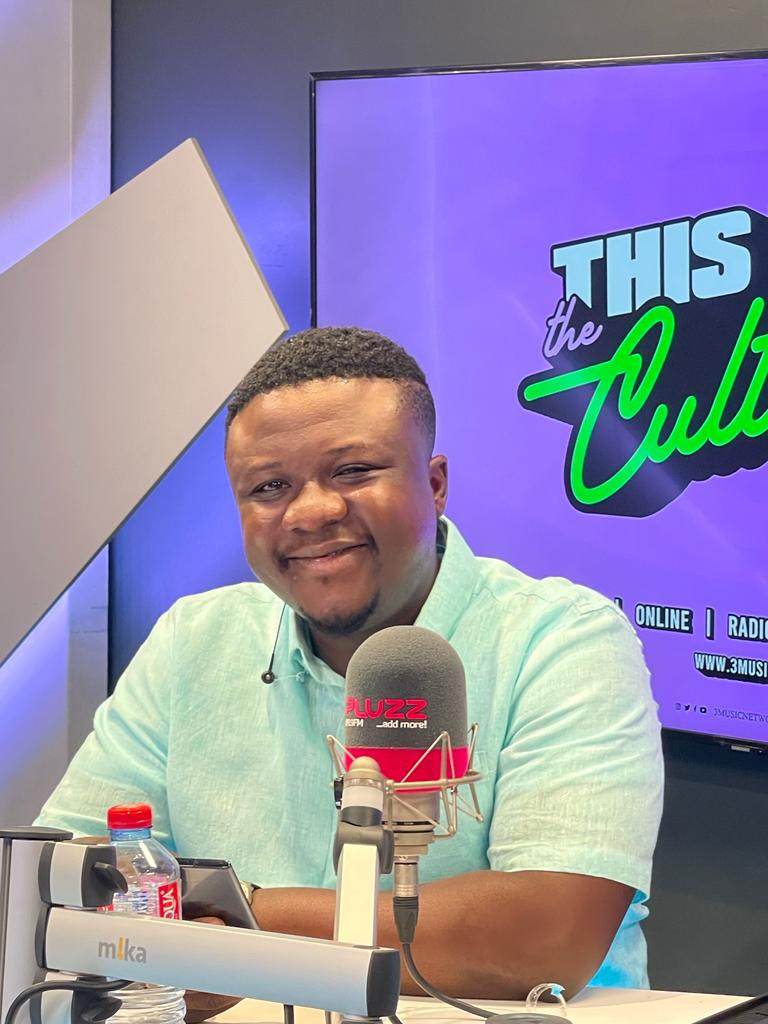Ghanaian rapper and media personality Cyril-Alex Gockel, better known as C-Real, is sounding the alarm on the growing impact of Artificial Intelligence (AI) in the music industry. According to him, AI isn’t just a novelty—it’s steadily transforming how music is made, shared, and consumed.
During a recent conversation on 3Music TV, C-Real highlighted that while many people focus on whether AI will manufacture hit songs or replace famous musicians, the real disruption is happening behind the scenes.
He explained that AI isn’t simply about producing the next big pop star. Instead, it’s a powerful tool that supports musicians by analyzing patterns and optimizing songs to fit the tastes of listeners.
“When the conversation about AI comes up, people think we’re talking about robots making chart-topping hits,” C-Real said. “But it’s really about how AI can help musicians fine-tune their work to reach their audience more effectively.”
He pointed out that AI is already a major force in creating scores, soundtracks, and ambient music—areas that often fly under the radar but have enormous commercial value.
“The music AI creates doesn’t always have to be pop hits,” he noted. “It powers videos, animations, commercials—any content where music is essential.”
C-Real believes AI offers a cost-effective option for creators, particularly those working with tight budgets. “You can subscribe to a platform for a much lower fee and get access to huge libraries of music,” he explained.
He drew an example from film production: “Imagine you make an indie movie, and it’s scored with music generated by AI. You’ll pay a fraction of what you’d owe a big-name composer.”
C-Real also pointed out that AI is lowering barriers for emerging musicians. “If you upload your song to a streaming platform, the algorithms will recommend it to listeners who are likely to enjoy it,” he said. “That’s a massive opportunity for artists who don’t have big marketing budgets.”
Still, he acknowledged there are concerns about AI’s impact on professional composers and session musicians. “It’s changing the economics,” he said. “Before, companies would hire a full team to produce scores. Now they can use AI and cut costs.”
Despite the disruption, C-Real doesn’t see AI as the end of human creativity in music. “People will always crave authenticity,” he said. “But AI will be part of how we make and experience music from here on.”
